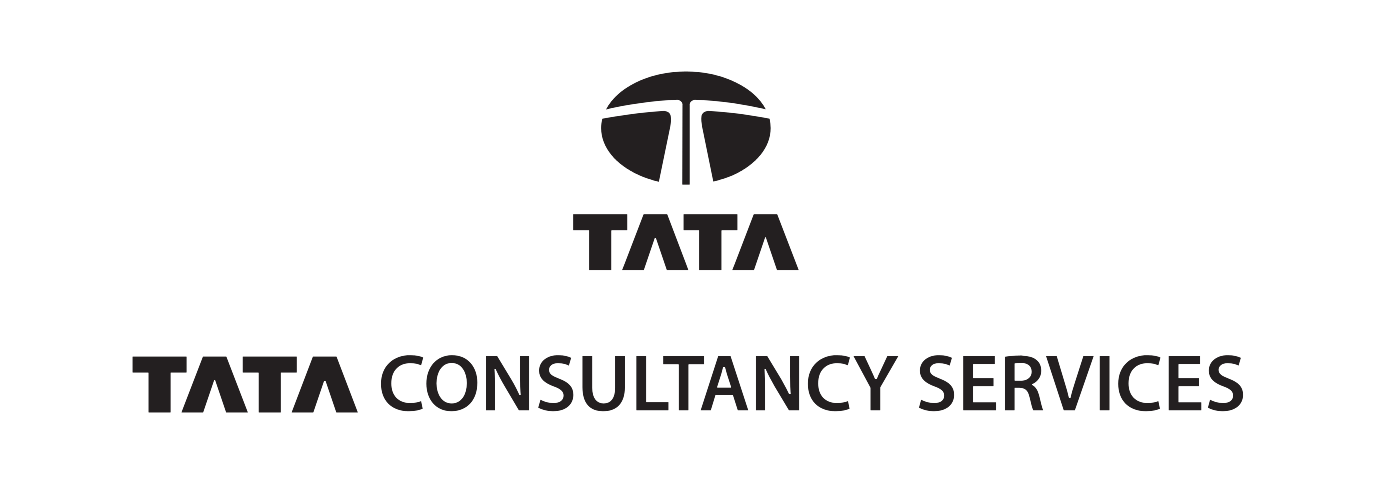“SIX GREEN IT TRENDS TO WATCH IN 2024”
Sustainability has become a key focus for many businesses around the world. Between climate change and dwindling natural resources, people are more aware than ever of their impact on the wellbeing of the planet.
In South Africa, 98% of adults are willing to make changes to combat sustainability issues. Meanwhile, 76% of people believe businesses should do more for the environment, and they’re willing to pay a premium for goods from brands that act responsibly.
In the context of global awareness, the United Nations and many governments have adopted sustainable development goals that encompass measures to safeguard the earth’s environment and climate.
This push for increased sustainability has given rise to Green IT, a collection of environmentally and socially responsible information technology systems.
Green IT serves as an overarching term for ensuring the environmentally and socially responsible nature of information technology systems, applications, and practices.
The objective of Green IT is to minimize the adverse impact of digital operations on the environment and society through eco-friendly design, manufacturing, operation, and the responsible disposal of e-waste.
This is crucial because current IT operations contribute 5-9% of global electricity consumption, and this is projected to increase to 20% by 2030.
The global greenhouse gas emissions share of the IT sector is around 1.8-2.8%, potentially rising to 3.9% when considering the entire supply chain and lifecycles of IT products.
Langa Dube, regional director for Tata Consultancy Services (TCS) South Africa and Rest of Africa, emphasizes that technology, when used appropriately, can help South African businesses meet their sustainability goals faster as they increasingly align with Environmental, Social, and Governance (ESG) goals.
With this in mind, here are six trends in Green IT that can impact sustainability on a technological level:
- Digital Enablement: Leveraging digital processes can enhance the efficiency of measuring, reporting, and verifying emissions reductions. Real-time monitoring through digital solutions provides businesses with more accurate insights into their environmental impact.
- Green Data Centres: A life-cycle approach, considering everything from procurement and operations to end-of-life, is crucial. Metrics such as power usage and data-center infrastructure, along with optimization in areas like capacity planning, utilization, and health monitoring, improve overall operational efficiency.
- Green Software: A green approach to software development involves tangible efforts like coding for energy efficiency and intangible considerations such as user experience, security, and performance. Integrating energy efficiency measures in the software development lifecycle contributes to reducing the carbon footprint.
- Optimizing Procurement: Procurement practices should actively consider the environmental impact of end-user devices and networking components. Prioritizing e-waste recycling, using refurbished hardware made from recycled materials, and considering the carbon emissions associated with manufacturing devices support sustainability.
- Green Workplace: Creating an environmentally sensitive, resource-efficient, and socially responsible workplace reduces energy consumption, minimizes unused hardware, enhances brand reputation, and boosts employee satisfaction. Green workplace practices include minimizing unnecessary video streaming, turning off plugged-in devices not in use, going paperless with collaborative tools, and regularly purging unnecessary data on a green cloud service.
- Accessibility and Inclusivity: Creating accessible and inclusive digital technology involves designing, using, maintaining digital assets, and measuring effectiveness in ways that cater to everyone, including those with different physical or cognitive abilities. Diversifying the workforce and ensuring representation of digital minorities contribute to creating intentionally inclusive products.
Dube emphasizes that sustainability must be ingrained in a company’s work culture. In support of business digital transformation, TCS has introduced the Energy Carbon View (ECView), a proprietary enterprise energy and carbon-management tool that helps enterprises measure, monitor, and manage their energy and carbon footprints, earning recognition in the Express IT Awards for Best Green IT implementation.
Ultimately, Green IT can enable a company’s decarbonization strategy, accelerate its net-zero ambitions, and become a powerful competitive advantage.
From the News Source: Techeconomy

